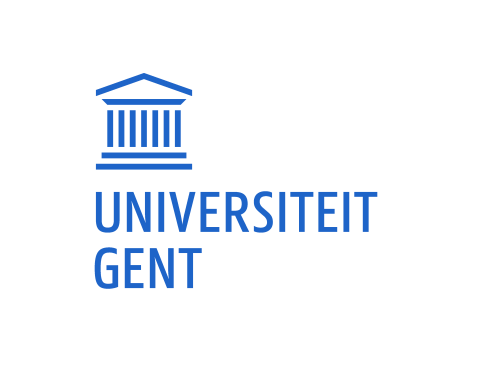Modern wind turbines installed at sea convert vast and more steady wind energy into usable renewable electricity. However, placing these large machines offshore is not free of challenges. For instance, when a wave hits the tower, it makes the whole assembly swing subjecting them to important mechanical stress. These relatively slow movements are also translated into electrical power output oscillations resulting in power quality reduction. Moreover, the bulk electricity system is especially sensitive to oscillations within the timeframe of a few seconds, such as those emerging from offshore wind turbines. This can create a potentially dangerous resonant condition with very serious consequences for large power systems.
Therefore, the FOOS project combines the partners’ expertise on wind turbines structural health monitoring, data-driven methods, and dynamic modelling and analysis of both wind turbines and modern power systems to better understand how both wind turbines and large grids are affected by these oscillations and how they can be bounded to acceptable levels in a cost-effective manner. Additionally, the project is supported by an advisory board including representative professionals from across the wind and power industries.
In particular, Etch/KU Leuven is leading the work on the dynamic and operational impact of forced oscillations on the large-scale electrical network. Both fundamental research and well-proven engineering methods are combined to define safe oscillation limits and evaluate the effectiveness of different mitigation technologies. These aspects need to be very well-understood to de-risk the future offshore wind energy in the Belgian system.
The FOOS project is under the VLAIO cSBO funding framework and part of the Blauwe cluster.
Partners




Funded by


